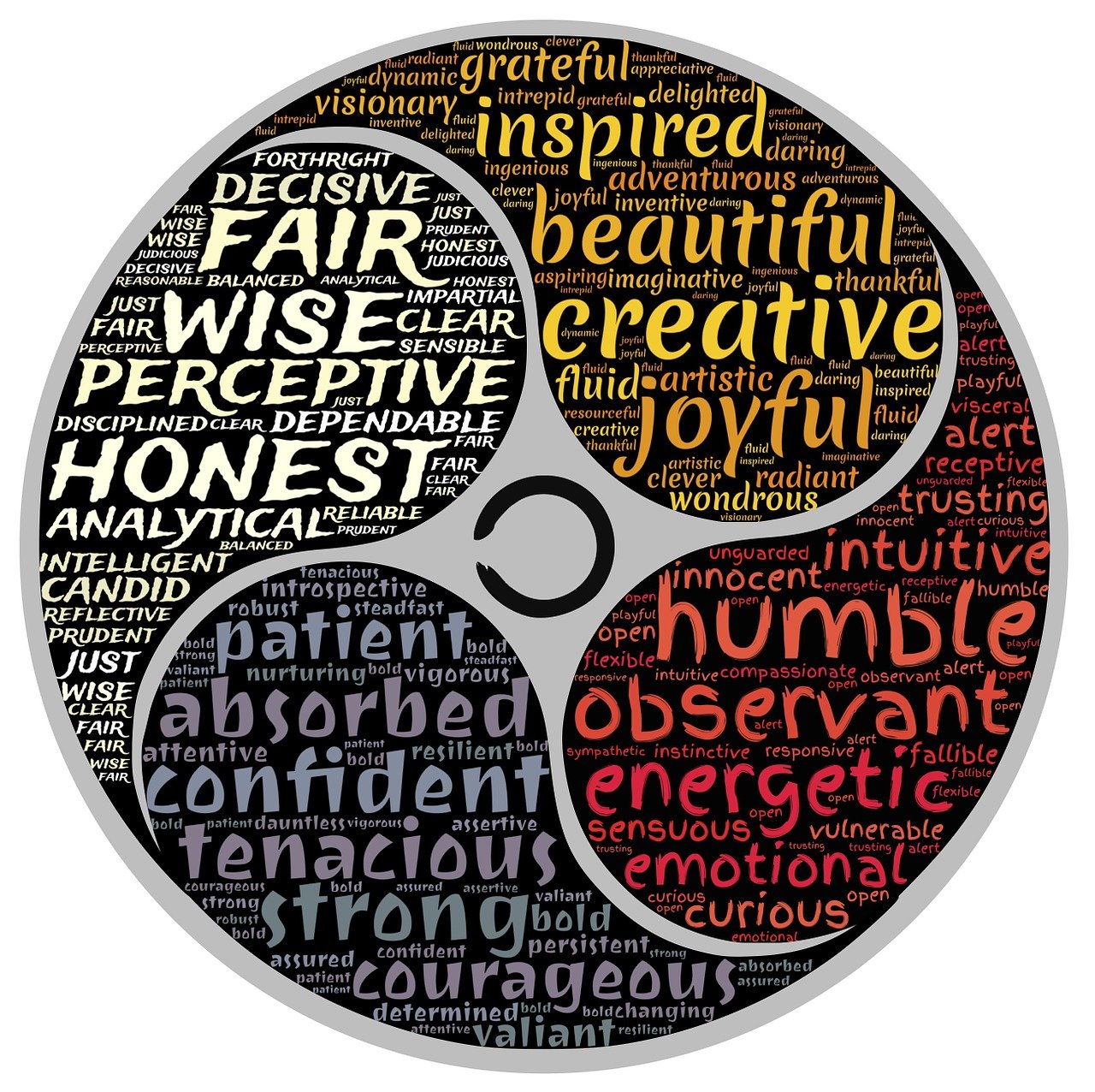Many of us devote enormous amounts of time, energy, and money to becoming the best versions of ourselves. These efforts are reflected in a self-help industry that generates more than $13 billion a year. We strive to let go of past baggage, change the way we think, transform our emotional lives, behave differently, or alter the ways in which we interact with others. To accomplish these goals, we seek out psychotherapy, life coaching, books, seminars, podcasts, and more.
Personal growth can frequently feel like an ethereal experience that is difficult to identify and embrace. There are often not clear or tangible metrics of whether we’re changing our lives in real and meaningful ways. Compare it to physical fitness where improvements in your health can be measured objectively; for example, changes in body weight, muscle strength, percent body fat, cholesterol, heart rate, and many other substantial parameters.
Yet, having clearly defined signs of positive life change can have essential value in your journey of self-improvement. They can validate all the considerable effort you devoted to changing your life. Second, indications of positive change can be inspiring, further motivating you to continue to pursue that best version of yourself. Lastly, seeing those signs can have a additional nurturing effect on your personal development by giving you hope for the person you want to be, generating feelings of pride and accomplishment, and bolstering confidence and a sense of control over your life.
To help you take the sometimes-nebulous concept of positive life change and turn it into something more tangible, I offer you my 7 Signs of Positive Life Change.
Thinking
Perhaps the first thing you notice is the quality and quantity of your thinking. Your thoughts are more positive, encouraging, and supportive. You see a shift from half glass empty to half glass full, and from a dark place to a lighter place. Additionally, you find that your mind is more clear than cluttered. You also tend to obsess and ruminate less. With this change, you feel less doubt and worry, and more hope and optimism.
Emotions
Another power change you will notice is the valence of your emotions. Positive life change brings with it a shift from mostly negative emotions (e.g., hurt, sadness, fear, frustration, guilt, shame) coloring your life to mostly positive emotions (e.g., happiness, joy, excitement, contentment).
Physiology
Positive life change is also felt very viscerally in your body. Whereas before you may have been in a constant state of sympathetic nervous system activation (i.e., anxiety, stress), you now feel a greater sense of physiological relaxation and calm. These physical signs include a lower heart rate, deeper and more even breathing, relaxed muscles, and the absence of adrenaline surges.
Body Language
When you are in a bad place in your life, your body speaks a language of protection against the threats you perceive in your life. This closed body language is expressed with averted eyes, frowning, body turned away, torso hunched, and arms and legs crossed. With positive life change, those perceived threats are diminished or alleviated, thus allowing your body to speak the language of openness and receptivity. You can look people in the eye, smile, face people, open your body, and express your vitality.
Messages to Others
When you’re not in a happy place, your close yourself off to others because they are often seen as part of the threat you feel in your life. Basically, you’re sending out messages of coldness and to stay away. When you open yourself up to the world that comes from positive life change, you send very different messages, ones of warmth, reaching out, and welcoming. In other words, instead of backing away from people, you lean in to them.
How Others Respond to You
In turn, when people sense your defensiveness, they aren’t likely going to approach you for fear of being ignored or rebuked. As such, they will keep their distance from you. But when you send messages of openness that come from positive life change, they want to connect with you.
Quality of Your Relationships
Much of what makes people unhappy when they aren’t in a good place in their lives is the sense of disconnection and loneliness they feel. They often lack friends and close relationships. Additionally, the relationships they do have are unsatisfying because there is little emotional connection. When you make positive life changes, all of the above signs free you to be emotionally vulnerable, welcome people into your lives, and feel deeply toward them. They, in turn, feel safe and comfortable to reciprocate those feelings, allowing you to establish relationships of the highest quality that are affirming, nurturing, and nourishing.
Conclusion
As your journey toward becoming the best version of yourself progresses, you can use these seven signs to affirm your efforts and reinforce your determination to continue forward. By attuning yourself to these signs, you can say to yourself, “My journey has been challenging, but I am moving closer and closer to the person I want to be and living the life I want to live.”





